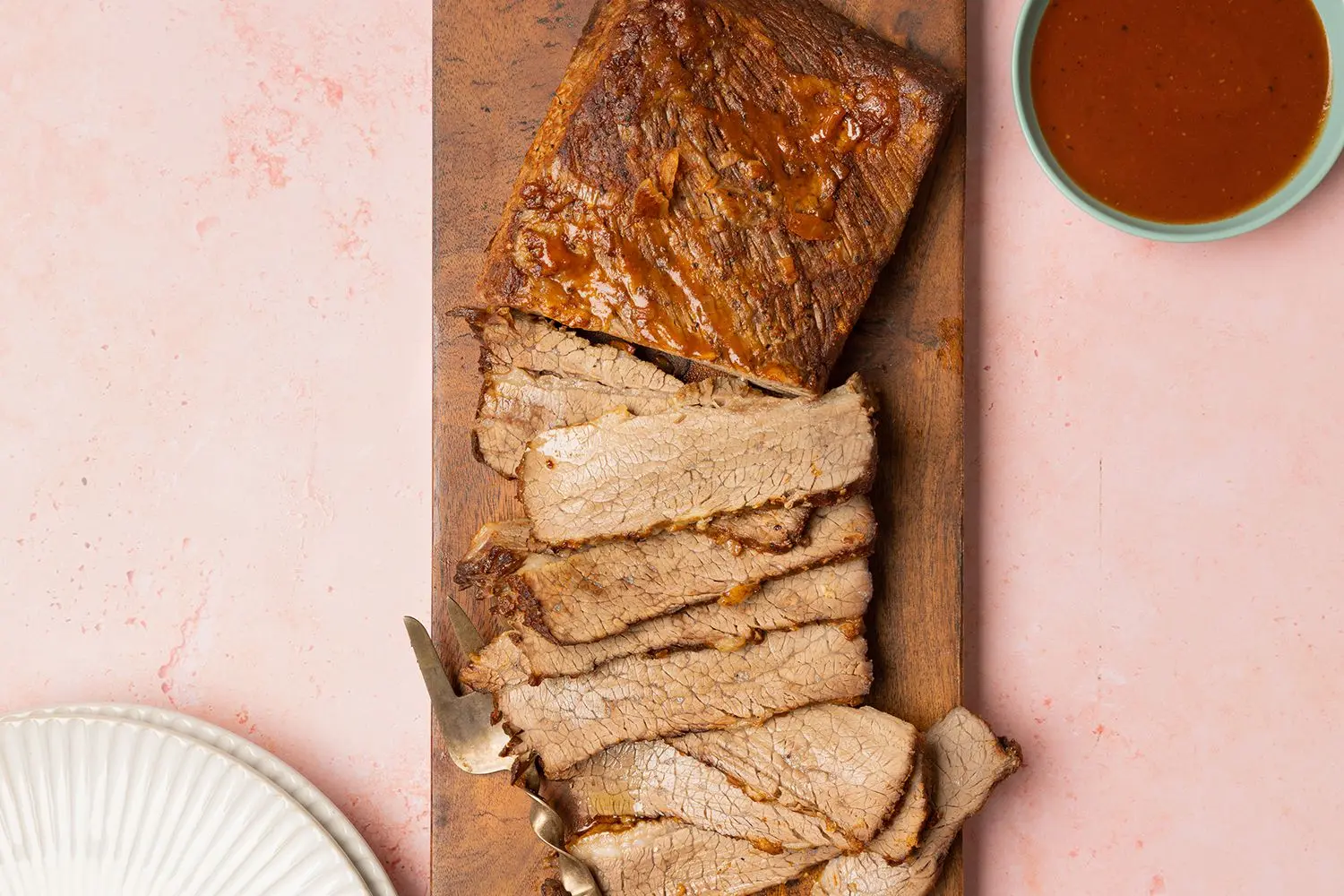Smoked brisket is a popular dish known for its rich flavor and tender texture. However, sometimes brisket can turn out tough and chewy, leaving you disappointed with the results. In this article, we will explore the reasons behind tough and chewy smoked brisket and provide tips on how to achieve perfectly tender results.
Why is my brisket not tender after smoking?
There are several factors that can contribute to tough and chewy smoked brisket:
- Insufficient cooking time: Brisket is a tough cut of meat that requires low and slow cooking to break down the collagen and connective tissues. If you haven't cooked the brisket for a long enough time, it may not have had the opportunity to become tender.
- Inadequate seasoning: Properly seasoning the brisket is crucial for flavor and tenderness. If you haven't seasoned the brisket adequately, it may lack flavor and tenderness.
- Improper temperature: Maintaining a consistent temperature throughout the smoking process is essential. Fluctuations in temperature can result in uneven cooking and tough brisket.
- Low-quality meat: The quality of the meat you use can also affect the tenderness of the brisket. It is recommended to choose a high-quality brisket from a reputable source.
How to achieve tender smoked brisket
Now that we've identified the potential causes of tough and chewy smoked brisket, let's explore some tips on how to achieve tender results:
Cook at a low temperature for a long time
Low and slow is the key to tender smoked brisket. Set your smoker to a temperature around 225°F to 250°F and cook the brisket for several hours. This slow cooking process allows the collagen and connective tissues to break down, resulting in tender meat.
Season the brisket properly
Make sure to season the brisket generously with a flavorful rub. The rub should contain a combination of salt, pepper, garlic powder, onion powder, and any other desired spices. Allow the seasoned brisket to sit in the refrigerator for at least a few hours or overnight to enhance the flavor.
Maintain a consistent temperature
Keep a close eye on the temperature of your smoker and make adjustments as needed to maintain a consistent heat. Fluctuations in temperature can lead to uneven cooking and tough brisket.
Choose a high-quality brisket
Invest in a high-quality brisket from a reputable source. Look for a well-marbled piece of meat with a good balance of fat. This will contribute to the tenderness and flavor of the smoked brisket.
Does brisket get tender the longer it cooks?
Yes, when cooking brisket, the longer it cooks at a low temperature, the more tender it becomes. The low and slow cooking process allows the collagen and connective tissues to break down, resulting in a tender and flavorful brisket.
Is tough brisket over or undercooked?
Tough brisket is typically undercooked rather than overcooked. To achieve tender brisket, it needs to be cooked for a long enough time to allow the collagen and connective tissues to break down. If the brisket is tough, it may need more cooking time.
In conclusion
Smoked brisket can be a delicious and satisfying dish when cooked properly. To avoid tough and chewy results, make sure to cook the brisket at a low temperature for a long time, season it properly, maintain a consistent temperature, and choose a high-quality cut of meat. With these tips in mind, you'll be able to enjoy tender and flavorful smoked brisket every time.
If you want to know other articles similar to Resolving tough and chewy smoked brisket: tips for perfect tender results you can visit the Cooking category.


Related Articles